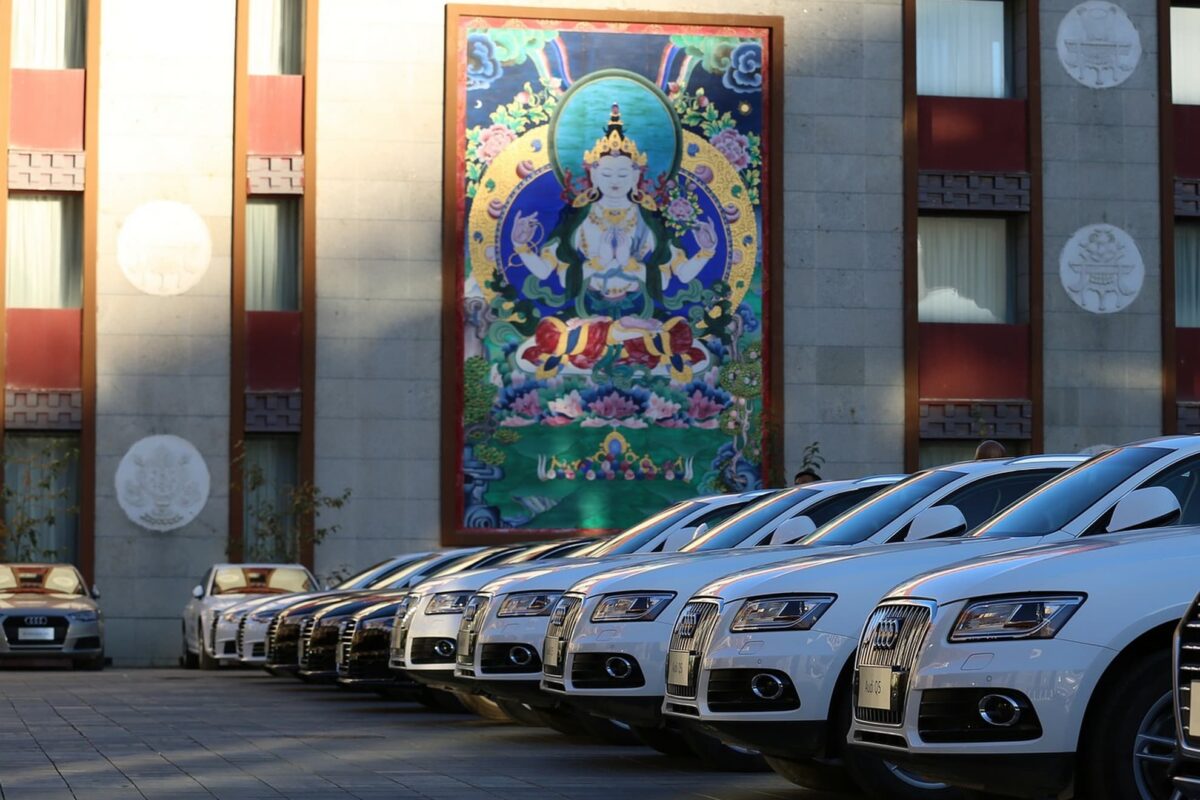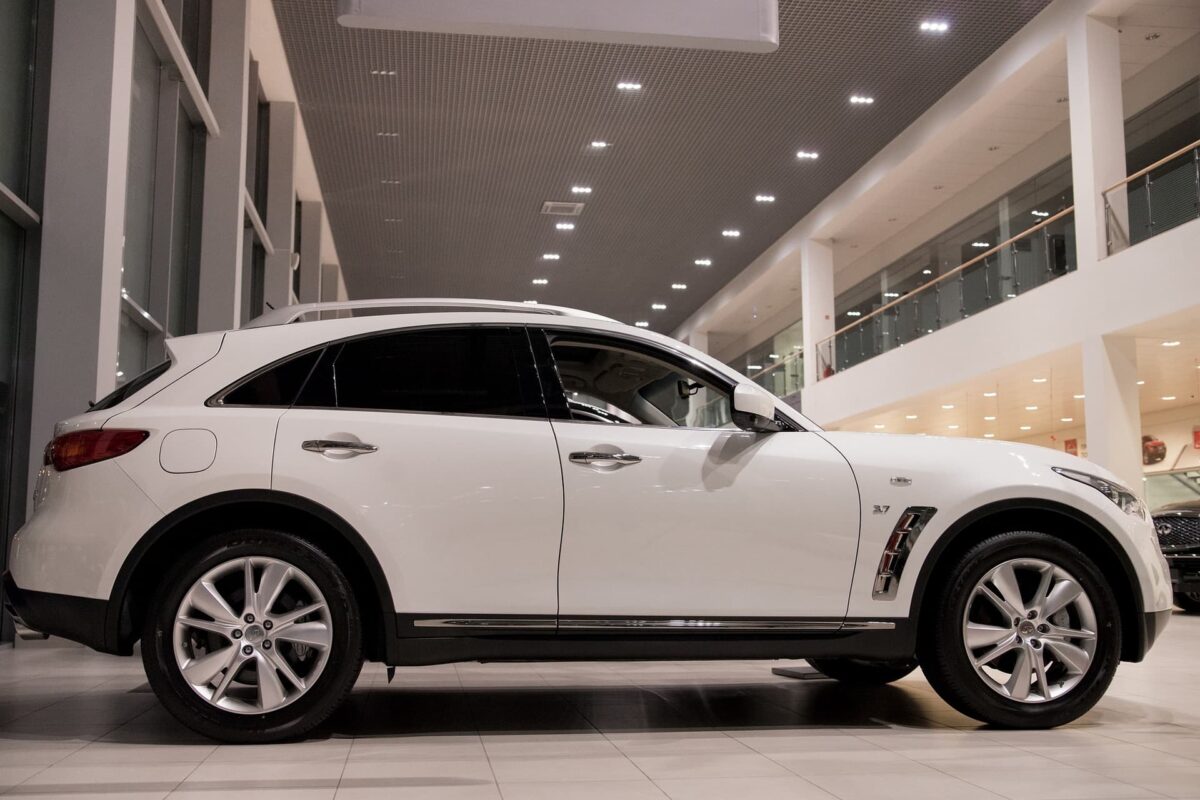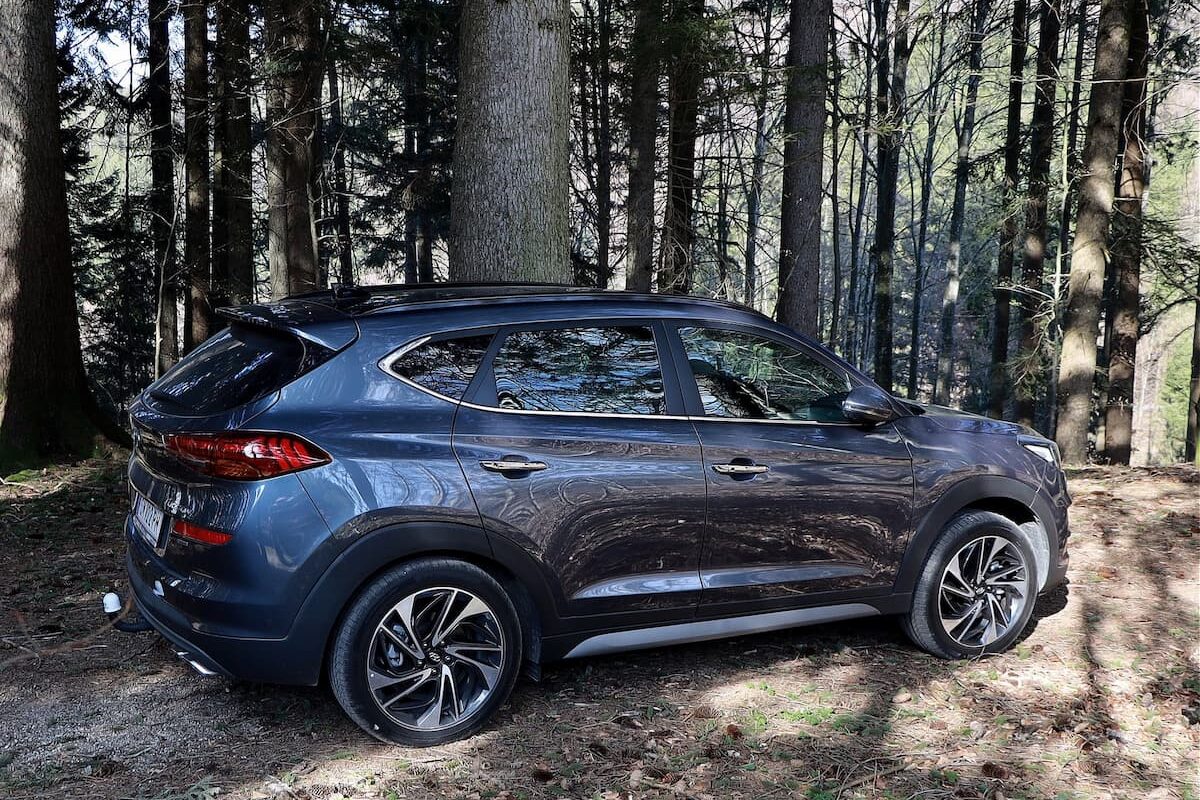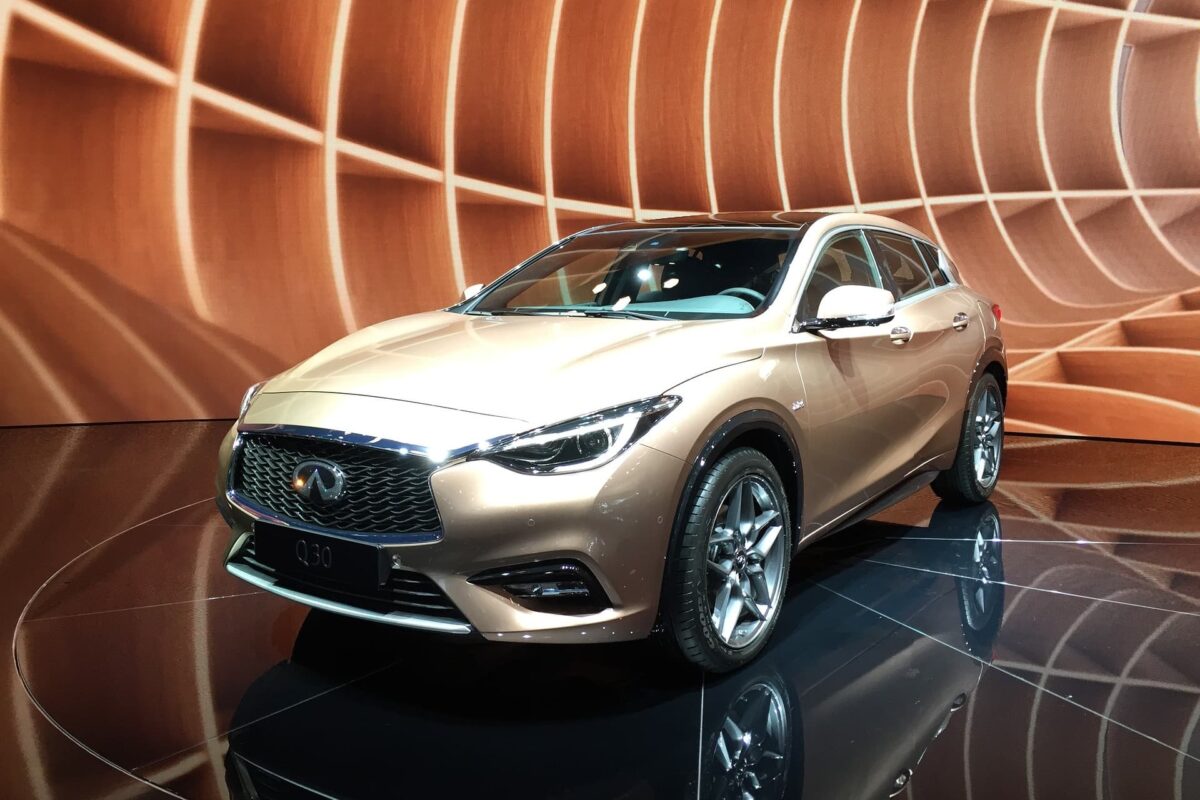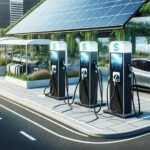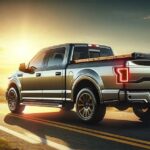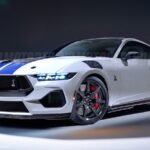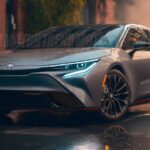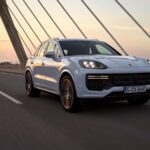In 1997, Toyota unveiled the Prius, the world’s first hybrid car and the first swallow in the automaker’s battle against pollution.
Almost 25 years later, Toyota has not a single all-electric car in its portfolio, is fixated on hydrogen powertrains and says a lot about future projects, including 15 new battery-powered models by 2025.
While some European players will switch their entire lineup to batteries by 2025, Toyota will only enter the electric car market by that point. And to buy some time, the company has hatched a cunning plan.
According to the NYT, Chris Reynolds, Toyota’s top U.S. executive, went to a private meeting with Congressional representatives in June to outline the brand’s opposition to the country’s current policy of an early transition to electric cars.
Reynolds believes that gasoline-electric hybrids like the Prius, and hydrogen-powered cars would play a more prominent role in improving the environment. Four sources who were also present at the closed-door meeting told this to the publication.
In particular, the representative of Toyota criticized the resolution of the U.S. President Joe Biden’s administration on investments of $174 billion to support the market of electric cars.
Of that amount, $100 billion would be spent on subsidies for electric car buyers, $45 million on electrifying the nation’s bus fleets, $15 billion on charging infrastructure, and $10 billion on incentives for the electric truck market.
While the whole world was poring over electric circuits, development of efficient batteries and electric motors, Toyota was betting on hydrogen technology – more expensive to develop, assemble and maintain, that is for the end consumer as well. Therefore, the rapid growth in popularity of electric cars in one of the largest markets for the brand can seriously hit the business interests of the Japanese.
The U.S. is not the first land, where Toyota is trying to conduct backroom games. Previously, brand representatives have made similar statements in the United Kingdom, Australia and the European Union, which generally seems to be trying to be the first to switch to battery-powered cars.
In India, top brand executives publicly criticized the local government’s initiative to switch completely to selling electric cars by 2030, saying it was “impractical.”
Of course, this has not gone unnoticed. Analysts at InfluenceMap responded to such behavior by giving the Japanese brand a D rating, the worst for automakers, believing that Toyota is trying to influence politicians to devalue the climate goals of modern society.
Toyota’s position is that the world should rely on hybrid and hydrogen cars in the near future. But these technologies are not becoming more affordable every year. It is much more expensive to maintain and operate a hydrogen-powered car than an electric car. In addition, there is almost no infrastructure for refueling them anywhere. And hybrids are not much use in the medium term.
Toyota has sold only 11,000 hydrogen-powered Mirai cars since 2014, when they went on sale.
Even Honda, another pioneer in the field of hydrogen cars, has already announced that it is abandoning the development of this technology and is switching to electric cars. And experts are sure that if hydrogen has a future in cars, it is only in long-haul trucks, while for the consumer market this technology will remain a dead end.






